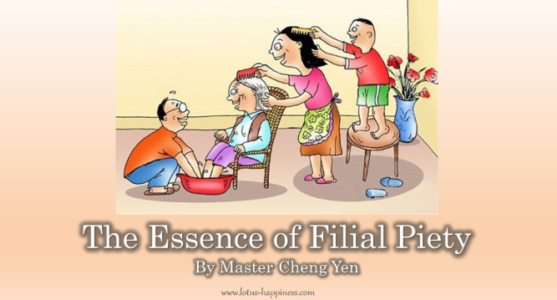Understanding that palliative care complements, rather than contradicts, filial piety can help families provide the best for their loved ones.
The idea of caring for one’s parents in their old age is deeply ingrained in Singapore’s cultural fabric. Filial piety often translates into a personal mission to provide hands-on care. However, this cultural value can sometimes prevent families from seeking professional support like palliative care, viewing it as a concession of failure rather than an act of love.
For many, the term “palliative care” is mistakenly associated solely with end-of-life care, causing hesitation and guilt in considering it. Dr. Yee Choon Meng, head and senior consultant of the Division of Palliative Care at the National University Cancer Institute, Singapore, explains that this misconception is a common barrier he faces in his practice.
Breaking Misconceptions About Palliative Care
Palliative care focuses on improving the quality of life for individuals with life-limiting illnesses, managing symptoms such as pain and anxiety, and providing emotional and psychological support. Unlike end-of-life care, palliative care is not restricted to terminally ill patients; many continue to receive treatment for months or years after diagnosis.
“Palliative care doesn’t mean giving up—it’s about ensuring comfort and dignity,” says Dr. Yee. Families often admit later that they wish they had sought this support sooner.
Overcoming Emotional Barriers
Cultural expectations around filial piety can lead caregivers to feel guilty for seeking external help, perceiving it as their duty to shoulder the burden alone. These feelings are compounded by grief and the natural desire to prolong a loved one’s life.
Social workers and palliative care teams play a critical role in helping families navigate these emotional challenges. By offering holistic support, they ensure caregivers can focus on spending quality time with their loved ones without feeling overwhelmed by medical responsibilities.
Easing Caregiver Burnout
Caregiver burnout is a growing concern, with stress often straining relationships between caregivers and patients. By addressing physical, emotional, and social needs, palliative care provides a support network that allows families to preserve their bonds and create joyful memories.
“I want families to spend meaningful time with their loved ones, not worry about the medical aspects—that’s our job,” says Dr. Yee.
Aligning Palliative Care with Filial Piety
Seeking palliative care does not diminish filial piety; instead, it reflects a commitment to ensuring the best possible care. With greater awareness and understanding, families can embrace palliative care as an extension of their devotion rather than a deviation from it.
Choosing professional support allows families to fulfill their duty with love and dignity, demonstrating that caring for a loved one means making the most compassionate choices possible.








